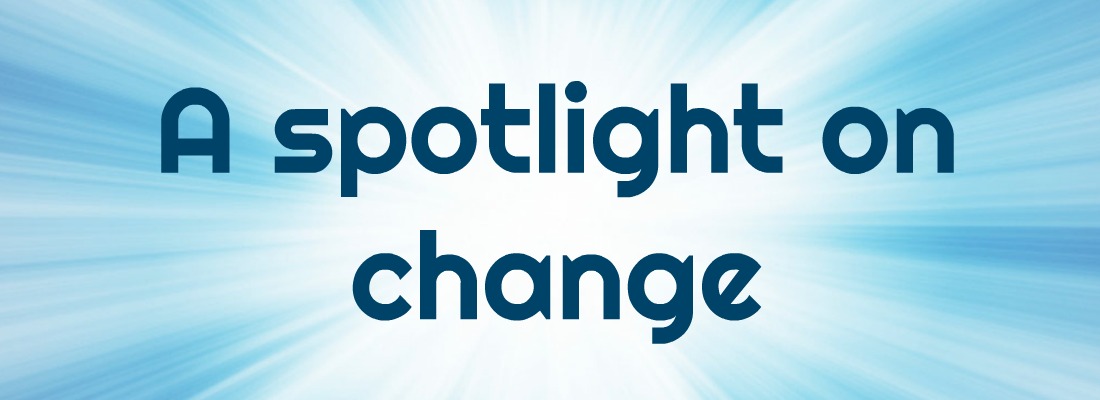With our new partnership, CHOICE is hoping to highlight some under-reported rip-offs affecting Indigenous Australians.
I recently had the pleasure of joining with National Indigenous Television (NITV) to announce a new partnership that aims to shine a light on the particular issues faced by Indigenous consumers.
There are many reasons why this is a good thing.
The first is that CHOICE, as Australia’s largest consumer organisation, has a responsibility to understand the experiences of Indigenous consumers and ensure that they are represented in our work. To do that effectively, we need strong relationships with Indigenous organisations.
The other reason is that when it comes to ensuring that Indigenous consumers enjoy their rights, there’s no shortage of work to be done. Far too often we see sales practices targeting Indigenous communities that wouldn’t be tolerated elsewhere.
Funeral insurance is a great example. This is a product that almost always leaves consumers out of pocket – because once you take it out, you’ve got to maintain payments, often over many years, in order for your family to receive any benefit. This means it’s a totally inappropriate product for young people.
However, when ASIC examined funeral insurance in 2015, it found that 50% of Indigenous policyholders were under the age of 20. This was no accident – it was clearly the result of sales tactics targeting younger consumers, who were unlikely to understand what they were buying and were pretty much guaranteed to lose money.
We saw similar problems when the previous government opened up the vocational education sector to private providers. This saw many students signed up to loans for courses they were never likely to complete and while the broader scandals have been well documented, the particular impact on Indigenous students has had less attention.
In the three years after these changes were introduced, the rate of enrolment of Indigenous students rose at almost five times the rate of increase for non-Indigenous students, and they ended up with debts for course fees that were on average 40% higher.
These examples highlight the broader problem of unsolicited sales in Indigenous communities. From baby photo scams to student tutoring programs, scamsters rely on the ability to pin down an unsuspecting consumer on their front door step or at the kitchen table, keeping them talking until they sign up to recurring payments.
CHOICE has argued, in partnership with the Indigenous Consumer Assistance Network, that the best solution is to ban unsolicited sales. This would make many consumers – Indigenous or not – much happier and safer at home.
But in the meantime, we’ll have to rely on naming and shaming shonky businesses that are making money out of ripping off Indigenous communities. And NITV is the perfect partner to help us do that.
